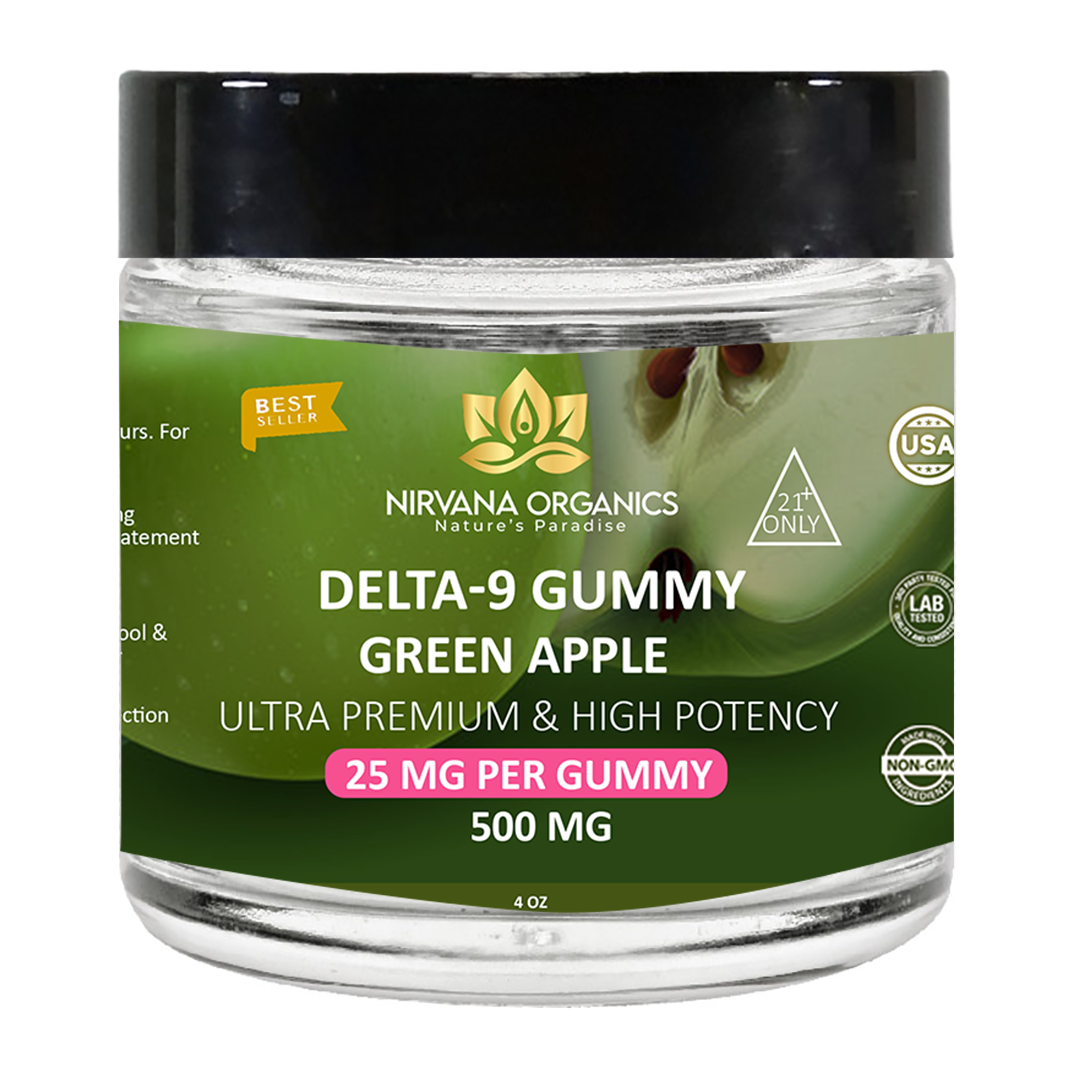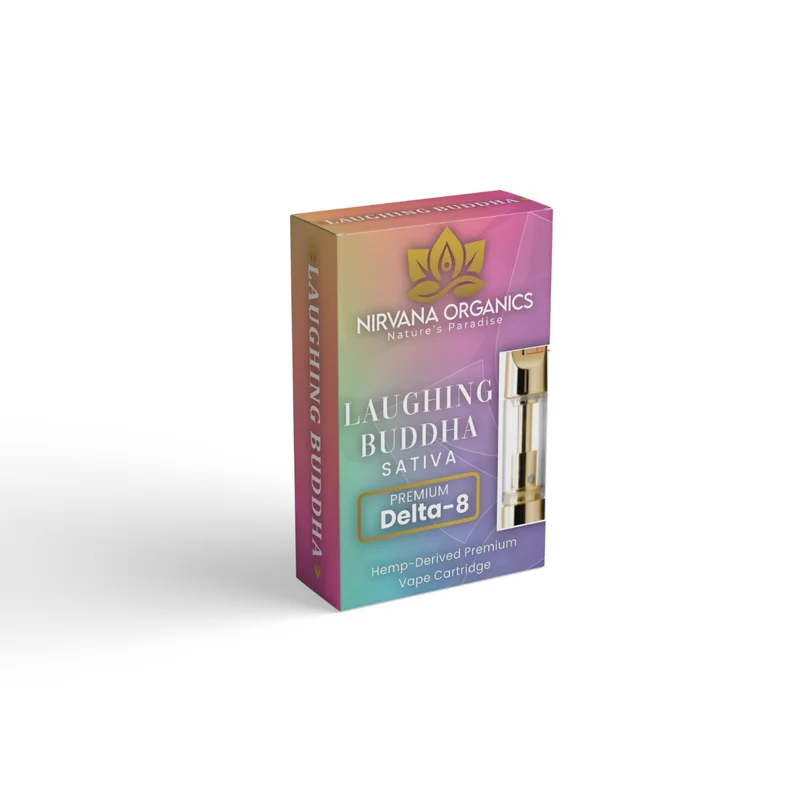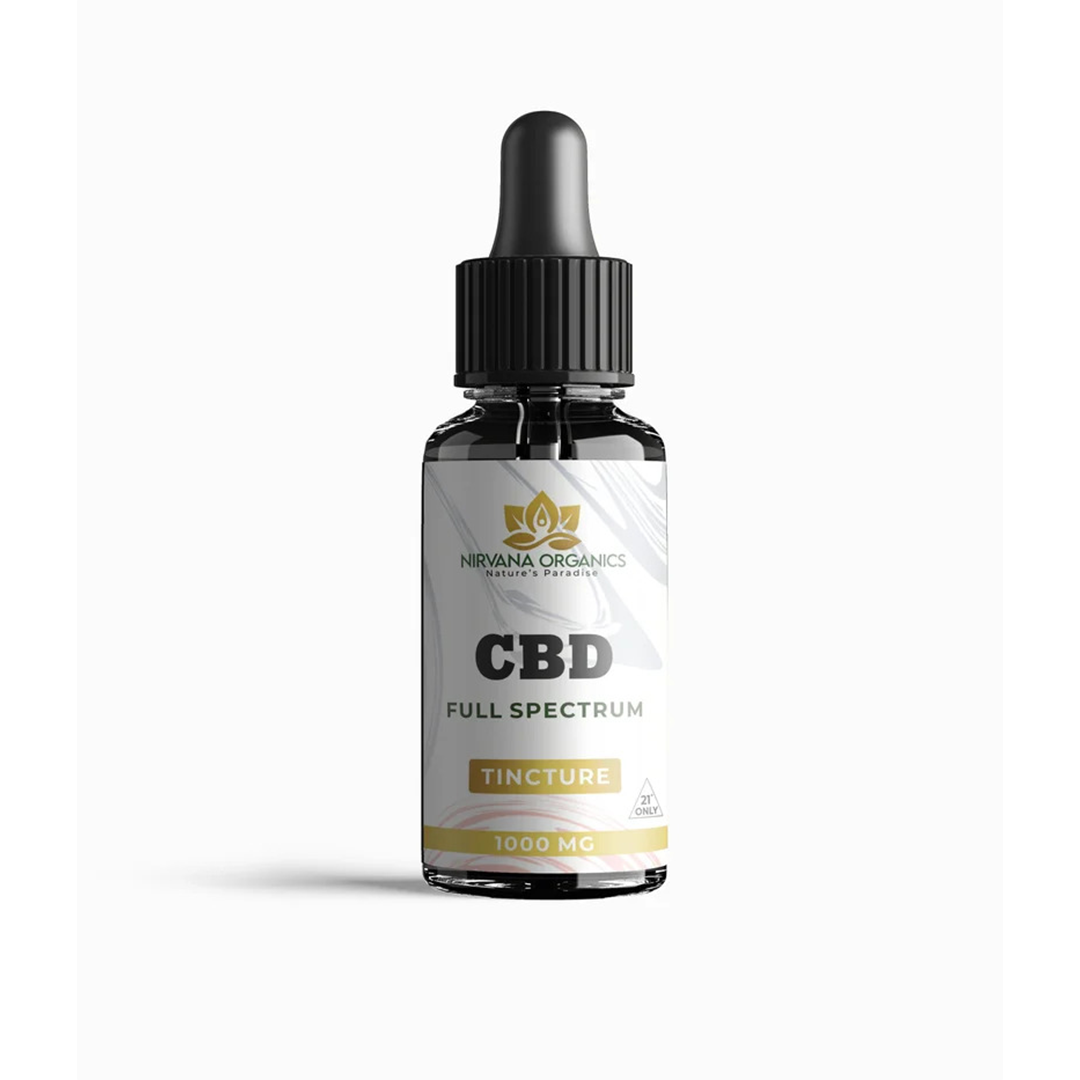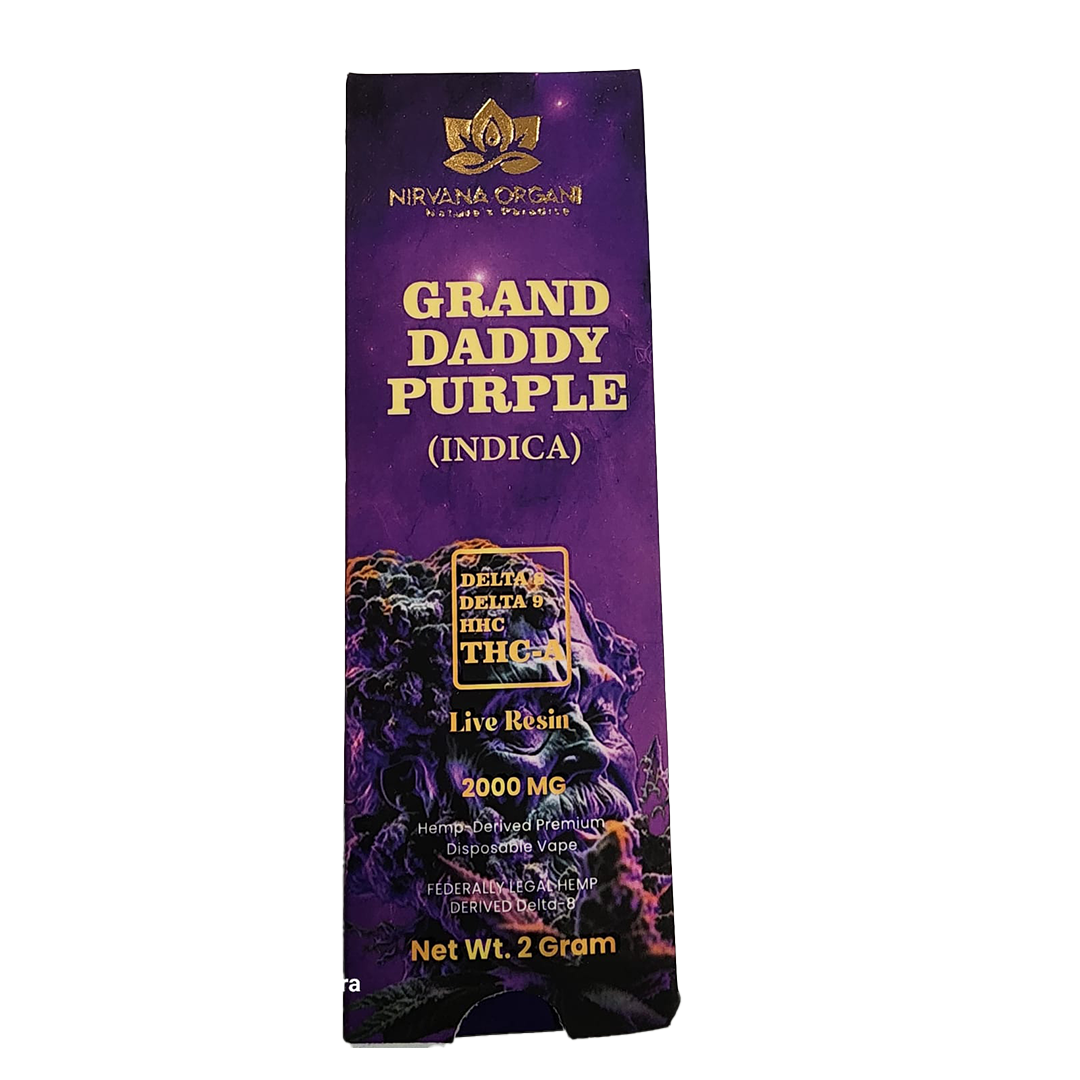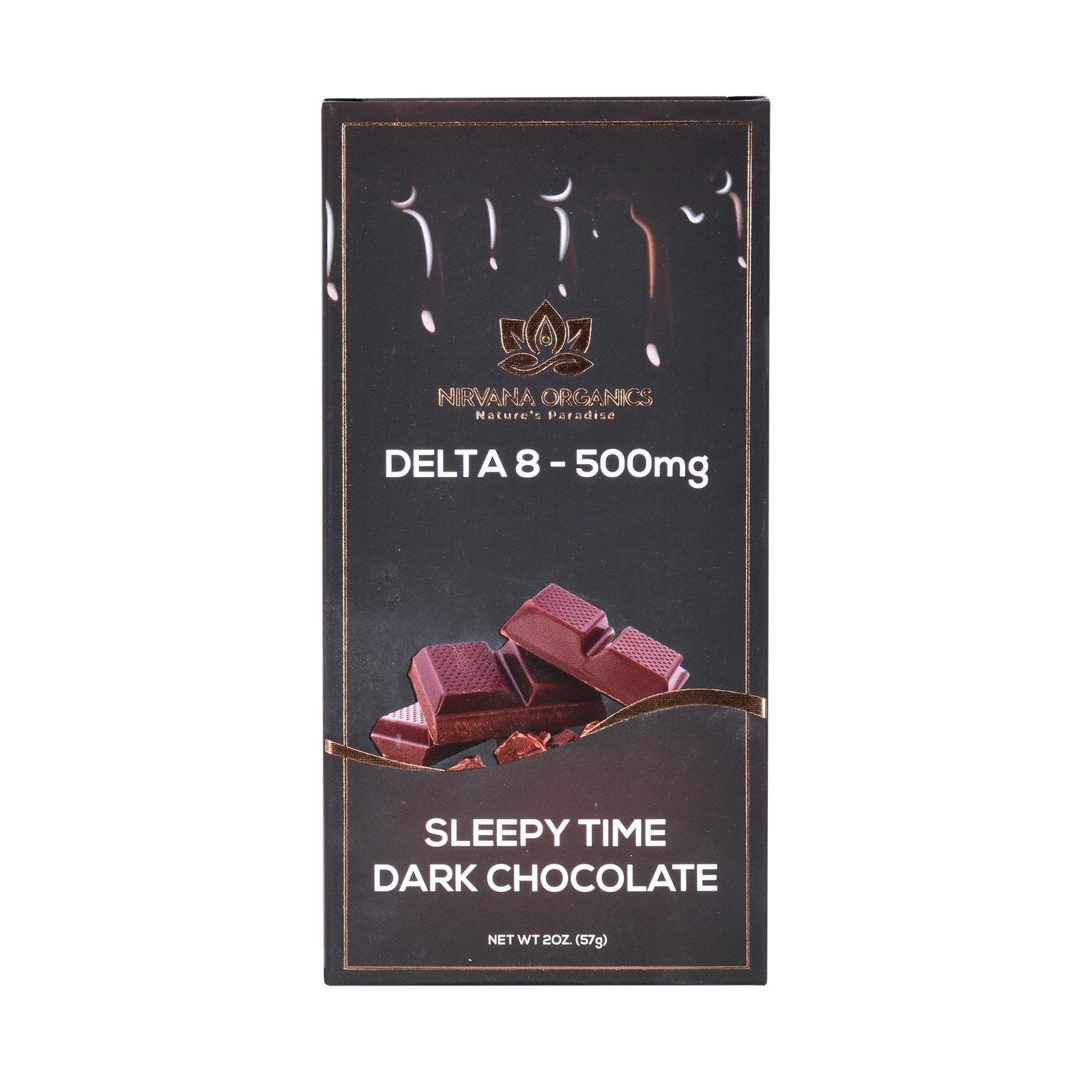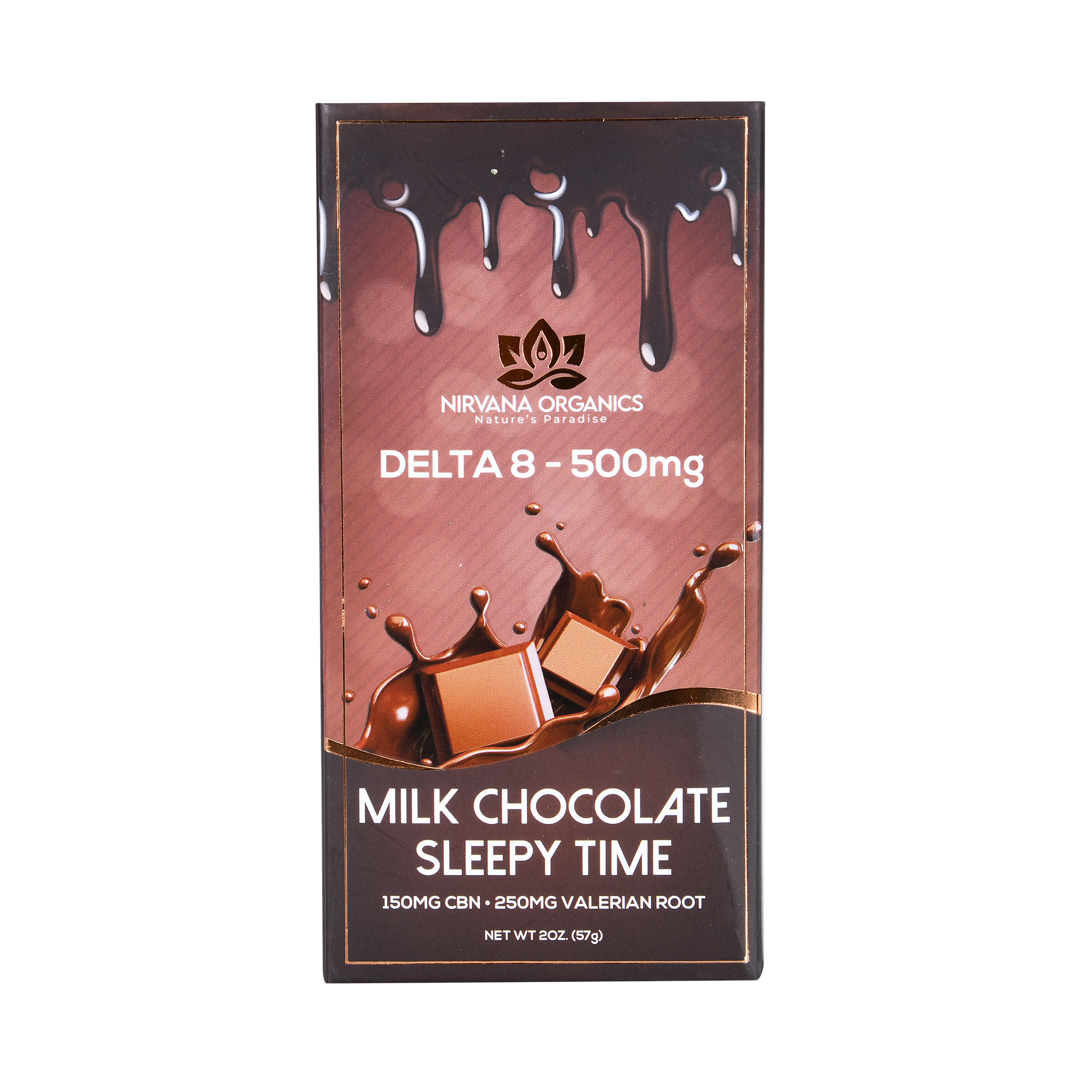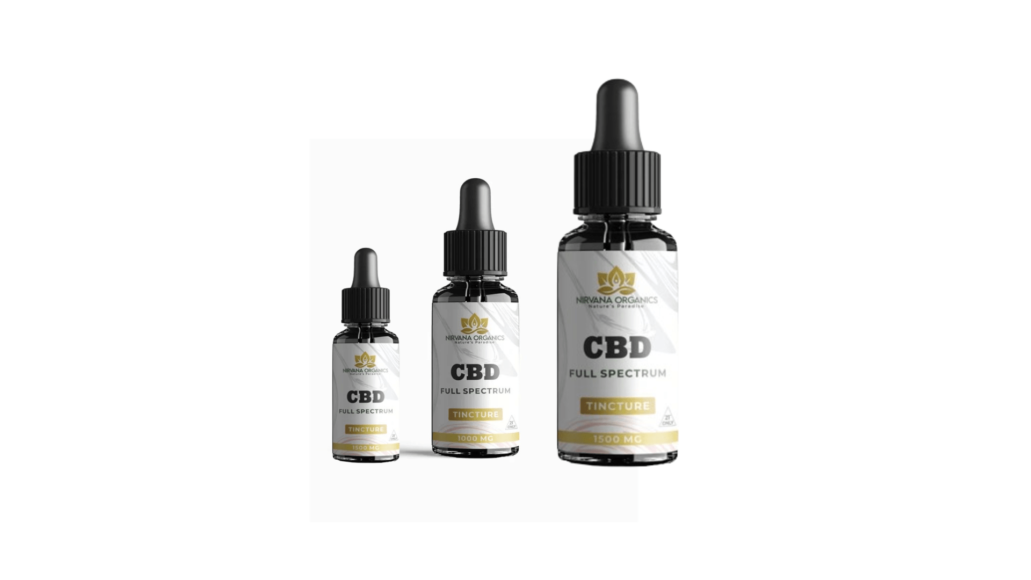HomeError
Server Error
404
This page either doesn’t exist,or it moved somewhere else.
That’s what you can do
Go to homepageOR
Featured Products
Disclaimer
The products featured on this site have not been evaluated by the Food and Drug Administration. They are not intended to be used for the diagnosis, treatment, prevention, or cure of any medical condition. Nirvana Organics does not make any claims about the benefits of our products. We recommend consulting your physician before using alternative therapies, especially if you are pregnant, nursing, elderly, chronically ill, or taking prescription medications. You must be at least 21 years old to purchase our products. Consumers assume full responsibility for using these offerings appropriately and legally.
We aim to provide truthful information about our offerings. However, our content is not meant as medical advice or instruction. The customer bears responsibility for using all products appropriately and according to the law. Customers should not construe any information here as professional medical advice or prescriptions. We provide general details about our products but do not claim to treat, cure, or prevent diseases. Creating any treatment regimen is a decision between buyers and their qualified Medical practitioners. Per the PACT Act, we follow regulations regarding the shipment of lawful goods.
THC Disclaimer
Our products contain no more than 0.3% Δ9-THC on a dry weight basis, which meets legal requirements. However, Δ9-THC can cause impairment and other side effects. You must avoid these offerings if pregnant or nursing. We also recommend consultation with a medical professional before consuming Δ9-THC. Keep these products away from children or animals. Operating vehicles or other machinery under the influence of Δ9-THC may be illegal and dangerous.
The products featured on this site have not been evaluated by the Food and Drug Administration. They are not intended to be used for the diagnosis, treatment, prevention, or cure of any medical condition. Nirvana Organics does not make any claims about the benefits of our products. We recommend consulting your physician before using alternative therapies, especially if you are pregnant, nursing, elderly, chronically ill, or taking prescription medications. You must be at least 21 years old to purchase our products. Consumers assume full responsibility for using these offerings appropriately and legally.
We aim to provide truthful information about our offerings. However, our content is not meant as medical advice or instruction. The customer bears responsibility for using all products appropriately and according to the law. Customers should not construe any information here as professional medical advice or prescriptions. We provide general details about our products but do not claim to treat, cure, or prevent diseases. Creating any treatment regimen is a decision between buyers and their qualified Medical practitioners. Per the PACT Act, we follow regulations regarding the shipment of lawful goods.
THC Disclaimer
Our products contain no more than 0.3% Δ9-THC on a dry weight basis, which meets legal requirements. However, Δ9-THC can cause impairment and other side effects. You must avoid these offerings if pregnant or nursing. We also recommend consultation with a medical professional before consuming Δ9-THC. Keep these products away from children or animals. Operating vehicles or other machinery under the influence of Δ9-THC may be illegal and dangerous.

We at Nirvana Organics believe in quality and customer experience.
©2024. shopnirvanaorganics.com. All Rights Reserved.
- Login
- Sign Up
ACKNOWLEDGEMENT
You must be 21 years old to buy CBD products
Subscribe and stay updated with the latest product offerings. Don’t miss out!

